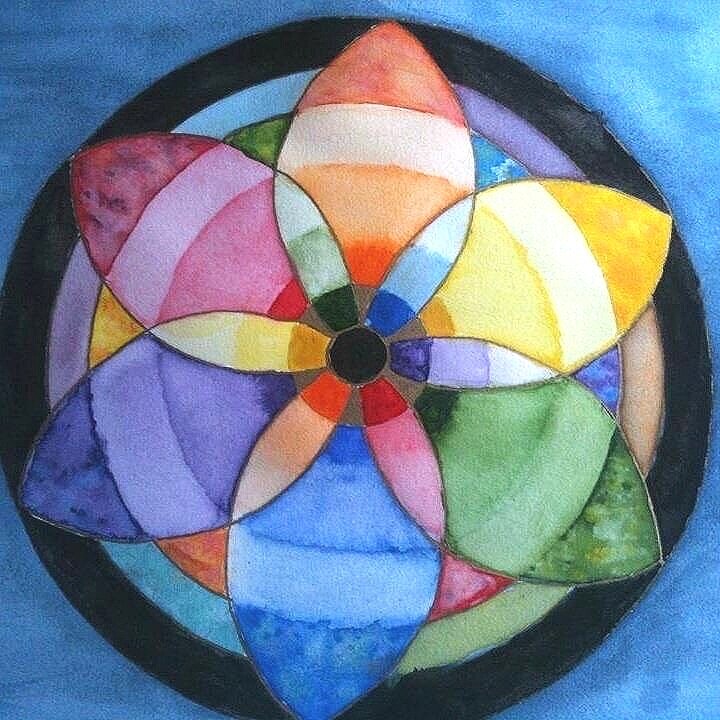Freedom From Cannabis Addiction and Recovery
by Antonia Teresa Amore-Broccoli, LCSW
The Biological-Psychological-Social Education of Cannabis Addiction
People addicted to cannabis share the same issues surrounding a similar dysfunctional relationship with cannabis dependency and/or addiction.
Some people wake up out of a cloud of mind-altering smoke of cannabis induced delusions and have a clear realization that their life is stagnated or not going nowhere productive.
Some people have a realization that their life is being profoundly affected as a direct result of their chronic cannabis use and/or abuse.
Other times, it is persons’ general health, well-being and their mental and emotional state that is being affected.
Some come to know and understand that chronic long-term cannabis use and abuse can sometimes cause or make mental health well-being off balance and/or become worse.
Some chronic cannabis users experience cannabis induced psychosis
Some simply notice the psychotropic effects of cannabis use on the brain causes strange delusions.
We are learning from addiction medicine that long term chronic cannabis use can sometimes lead to lifelong cognitive and social deficits.
This social platform is based of collective and universal realizations:
We collectively have come to these profound realizations (cognitive, physical, psychological, social, and/or spiritual) which has caused us to awake from a cloud filled cannabis smoke mind.
We are now able to finally have the ability to see things in a new and different perspective. We begin to have a complete psychic change of how we once thought about our frequent and regular cannabis use; as well as a new found freedom to change our behavior as it affects our personal and professional lives.
Freedom from Cannabis Addiction: 13 profound Realizations
Some people have the realization that our chronic use of cannabis has been profoundly affecting their lives.
Some of people have realized that we are no longer able to physically or mentally moderate or control the use of cannabis.
People have realized that the rewards of using cannabis were becoming less and less desirable when the chronic use of cannabis began to dominate their lives.
For years people attempted to use their own will power to moderate and control cannabis use; yet failed over and over. Thus causing self adversity and self blame and a spiral which caused low self worth, secrets, isolation, sadness and anxiety.
People made promise’s to use only after work or on weekends recreationally. People rationalized and justified the medical uses of cannabis only until they smoked themselves into an oblivion and barely able to function in regular activities of daily living.
Some people continued to romanticize the early stages of our dependency when they were able to moderate and control cannabis use and were less all consumed by the mental obsession to use daily. For some people cannabis use was every morning, noon and night and/or dominated their lives.
Some people have learned that once they have crossed the line from recreational cannabis use to dependency they eventually become fully addicted to cannabis;
Mentally, socially, and physically-biologically (potential allergy) addicted to the substance of THC.
Some people have the realization that they could not stop or cease cannabis use on their own for more than 30-90 days at a time.
Some of people realized they needed help and they found that social and emotional support from other people in recovery from cannabis and/or other substances.
Some people found help through the assistance of addiction medicine: professional addiction specialists, psychiatrists, social workers, psychotherapists and/or substance abuse treatment programs.
People choose to commit to life free of cannabis use (one day at a time) that is often contingent on loving and accepting ourselves and others with a positive and grateful mind.
People choose to replace negativity and the mental active obsession of addiction with positive affirmations and gentle practice of self care and compassion.
People commit each day to a daily practice of nurturing their mind and body with positive minds, thoughts and behavior.
People take responsibility for their own recovery and utilize and explore treatment modalities that are in alignment with their own needs, values and desires.
©Freedom from Cannabis Addiction(©this was developed collectively in private women’s cannabis recovery support groups in 2021-2023; facilitated by addiction specialist/LCSW, Antonia Teresa Amore Broccoli)

